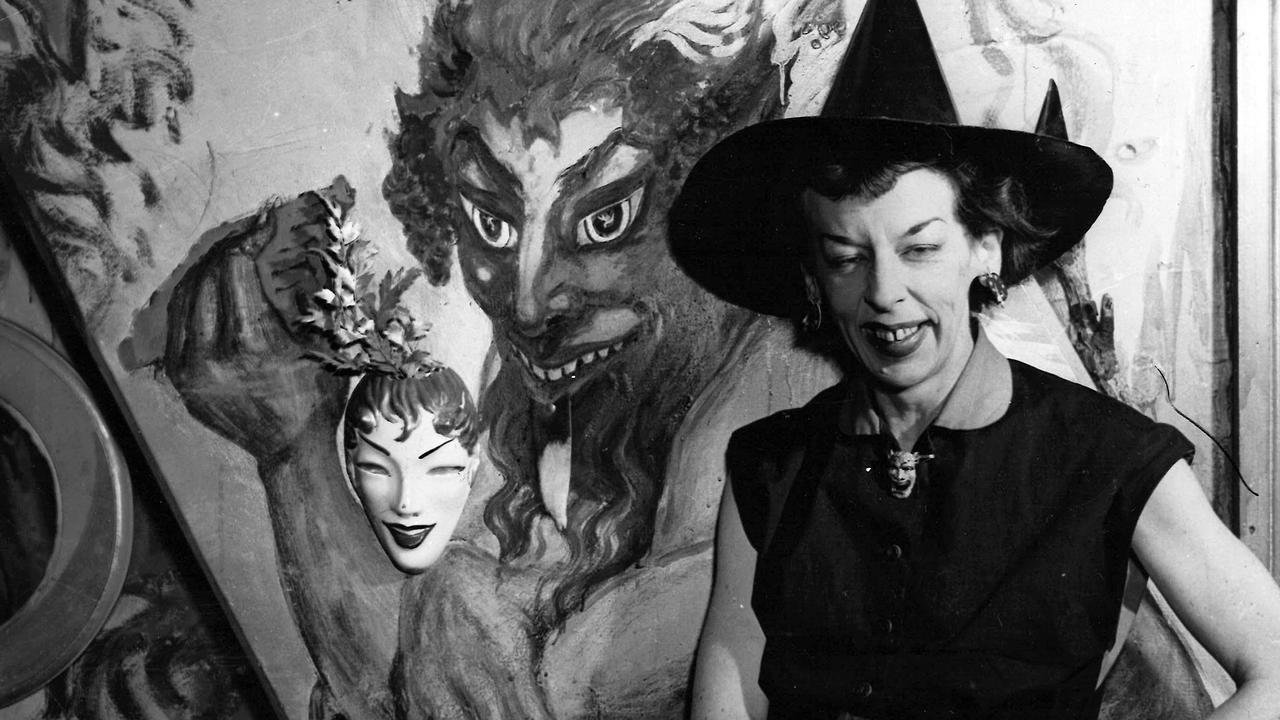Harry Freame: From Japanese samurai to Aussie war hero
Raised in Japan as a samurai, Harry Freame earned fame in Australia as a trench-jumping scout in Gallipoli, before going undercover as a World War II spy.
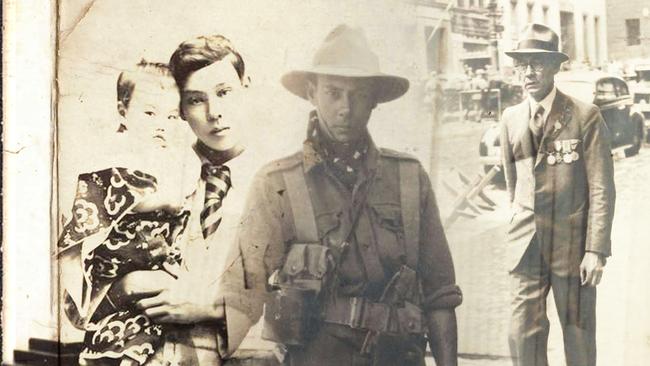
In Black and White
Don't miss out on the headlines from In Black and White. Followed categories will be added to My News.
Harry Freame was raised in Japan as a samurai, but became famous in Australia as the “marvel of Gallipoli”.
War correspondent Charles Bean once praised him as the finest scout at Gallipoli.
But Freame’s story took a tragic turn in World War II after he was sent to Japan as a spy, and author Ryan Butta calls him “the Anzac hero betrayed by his nation”.
The story is told in this week’s episode of the free In Black and White podcast on Australia’s forgotten characters:
Mr Butta describes Freame’s strict samurai upbringing in his new book, The Bravest Scout at Gallipoli.
“The values that he embodies of this loyalty, this courage, this bravery … are very similar to some of the values that we think of as the Anzac values that came out of Gallipoli,” Mr Butta says.
“But in Harry’s case, they were very much instilled from a young age, under the Bushido code and being raised as a samurai.”
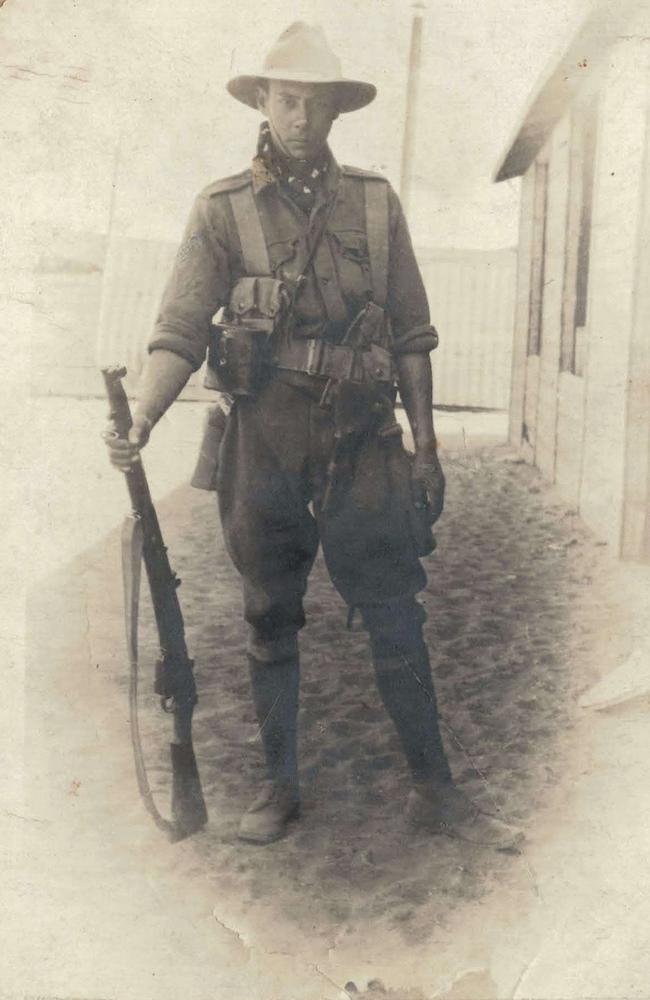
Freame left Japan and fought both in the Mexican army and for the Germans in German East Africa.
“He was almost like a soldier of fortune,” Mr Butta says.
When World War I broke out, Freame was working as a horse breaker in NSW.
He arrived with the first troops at Gallipoli on April 25, 1915.
“Charles Bean describes him as being the most ubiquitous soldier at the landing, in that he was everywhere,” Mr Butta says.
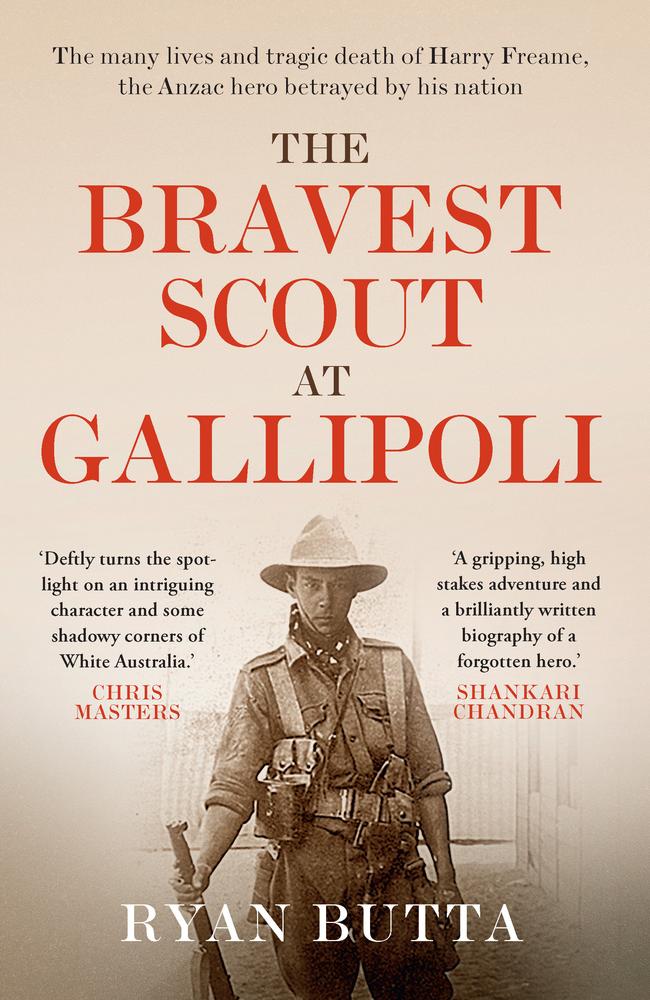
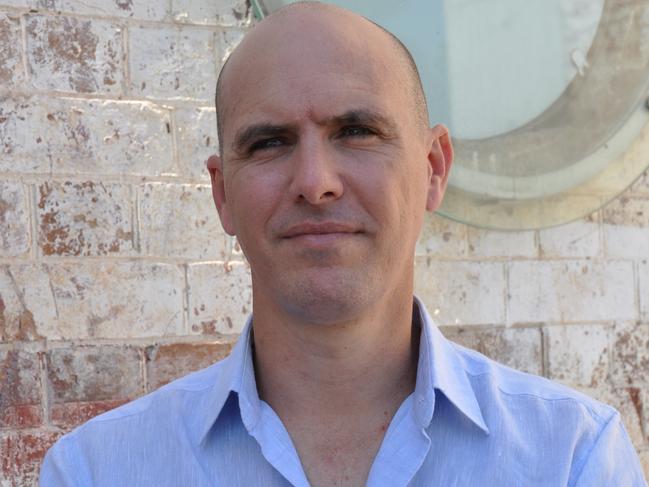
As a scout, Freame crawled out of the Australian trenches every night to map the Turkish trenches, including gun locations and troop numbers.
“He referred to himself as a peeping Tom, and he’d sneak up on his belly and peer over into the Turkish trenches at night,” Mr Butta says.
“He was shot and wounded 18 times at Gallipoli.”
Freame was the first Australian soldier to be awarded the Distinguished Conduct Medal at Gallipoli.
In World War II, Mr Butta says Freame was sent to Japan as an interpreter – a cover for his true role as a military intelligence agent.
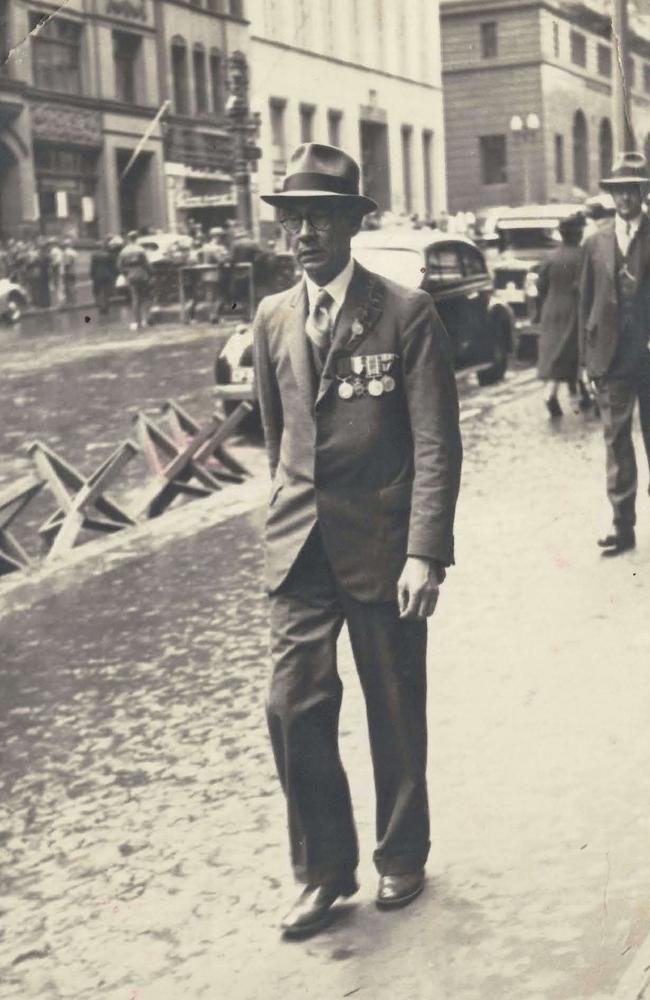
His cover was blown before he left, but Freame, broke and with a family to support, had to go anyway.
Mr Butta says Freame was attacked and garotted by Japanese military police months later in Tokyo.
He died months later, and while his death certificate cited cancer as the cause, his family insisted it was a result of the attack.
“The Australian government had leaked his identity as an intelligence agent, they’d then sent him to Japan, and then he’d been attacked and he’s died of those injuries,” Mr Butta says.
To learn more, listen to the interview in the free In Black and White podcast on Apple Podcasts, Spotify or web.
See In Black & White in the Herald Sun newspaper every Friday for more stories and photos from the past.


